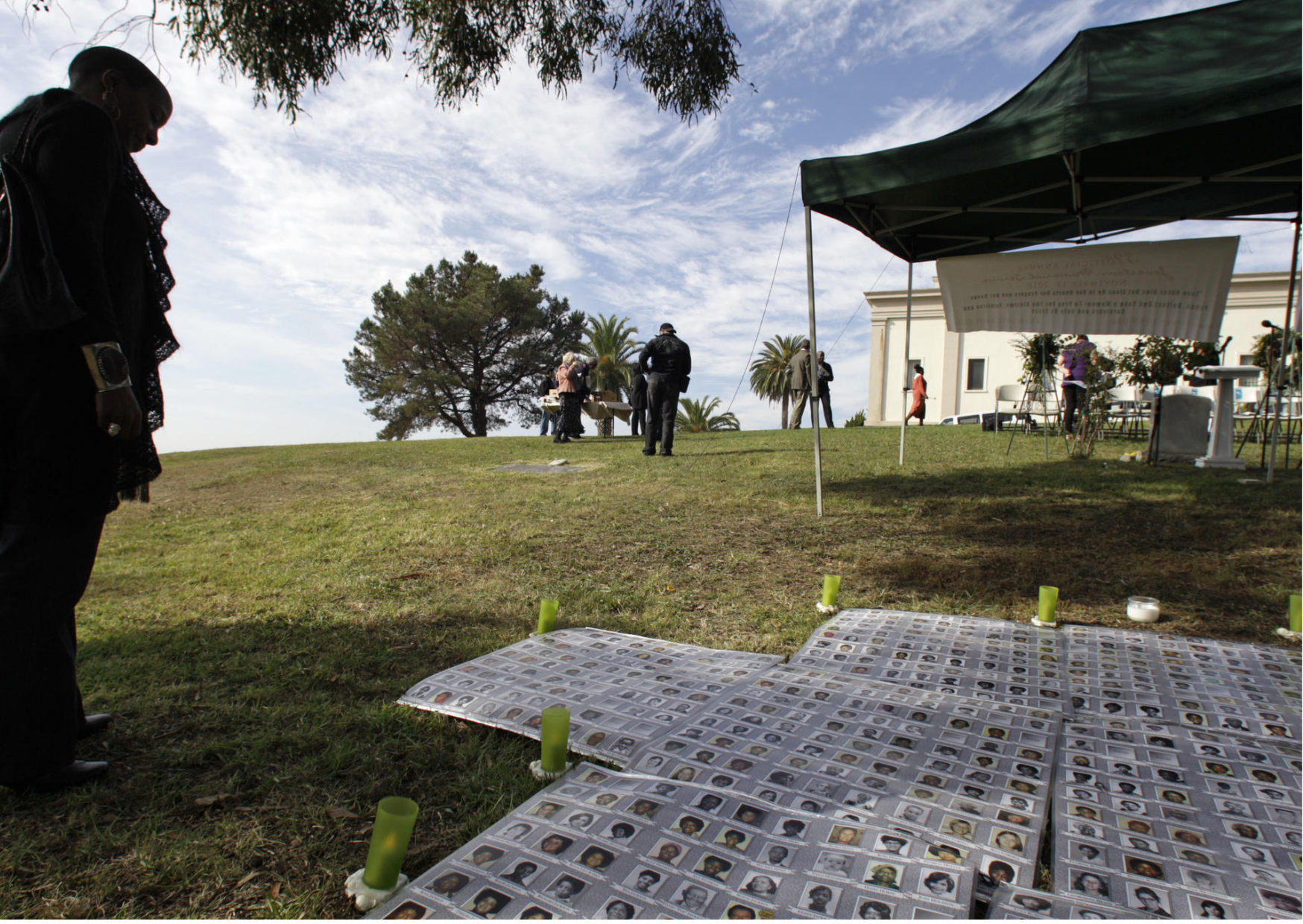In the last post, I wrote about how this documentary shows a twisted history of Peoples Church standing out among the conservative churches and attracting large amounts of African-Americans; the gruesome transporting work of more than 900 bodies; and a bit of Jones’ controversial perception.
Here, I arranged three sections to delve into Jim Jones‘ political stand; his charisma of persuading nearly one thousand people to follow him to a rural area; and how he kept his power over all people in Jonestown.
Against Society
In the academic years, Jim Jones was an avid reader of Adolf Hitler and Karl Marx, building up a radical mindset of how the country should be like. He graduated with honors from Indiana University- Bloomington in 1948, demonstrating his superior intelligence and academic achievements.
During his 20ish years, WWII finally ended, and America indulged in post-war joy, a country obsessed with spending and consuming; however, Jones disapproved of any kind of capital behavior, instead he emphasized living a life of necessity and community, joining the Communist Party of Indiana.
The mainstream politics was anti-Communist, as the last Senator Joseph McCarthy stated, “Even if it’s one communist in the State Department, it’s still too many.” He incited Americans to expose people who seemed to be Communists or had an interest in Communism to the public. The practice of McCarthyism prevented Jones from delivering his Marxism.
He initiated his plan by showcasing his political beliefs. Possessing a calm and informed manner, coupled with his ability to captivate audiences through his eloquence, Jones noticed the potential to penetrate church communities to attract amassing followers.
A Figure of Savior
Although people were thrilled about ending WWII and promoted non-violent protest, racial inequality was still a poisonous tumor rooted in the core of society. The cruel segregation policy evoked black people to participate in social movements.
The brutality of the police force shaped the protest of the minority into a violent race riot, worsening the discrimination condition.
After MLK was assassinated, African Americans were desperate to seek a venerated existence to guide them to move on with hope and courage.
Jones insisted on holding congregated activities in the church, having a choir of black and white children singing together, adopting black and Korean children, and envisioning a rainbow utopian, where all people share and work together without the oppression from the government.
He also delivered propaganda about the government building a concentration camp for the blacks, saying people would be abducted at night during ‘white nights.’
Meanwhile, the tension between America and the Soviet Union caused paranoia about the eruption of the Nuclear War. With the sensibility of apocalyptic nature, Jones promised all his followers, “No fallout can get to you, and no radiation can get to you.”
Dark Secrets
While the door of Peoples Church opened up for anyone, it was more like a trap than a life turn. People sold their houses, financial assets, or salaries to donate to Peoples Church to prove their loyalty. As Jones put it, “My strength is from your loyalty. I am your father and God and no one can hurt my children.”
Jim Jones confiscated all people’s passports to confine them inside his kingdom. Parents and their children were like enemies, reporting one another’s negative opinions on Jonestown. They might be out of the control of the American government, but they were stuck inside the totalitarian ruling of Jones.
They would be awakened after midnight by the sinister siren of ‘white night’ which meant ’emergency‘, and gathered in front of Jim Jones after drinking the cool-aid. Jones would compliment all people’s loyalty to consume anything he offered. In retrospect, these were all inhumane suicide rehearsals.
Even though Guyana was a socialist country, its government resented the existence of Jonestown and considered it a place that practiced cult, which would bring tragedy to the country.
